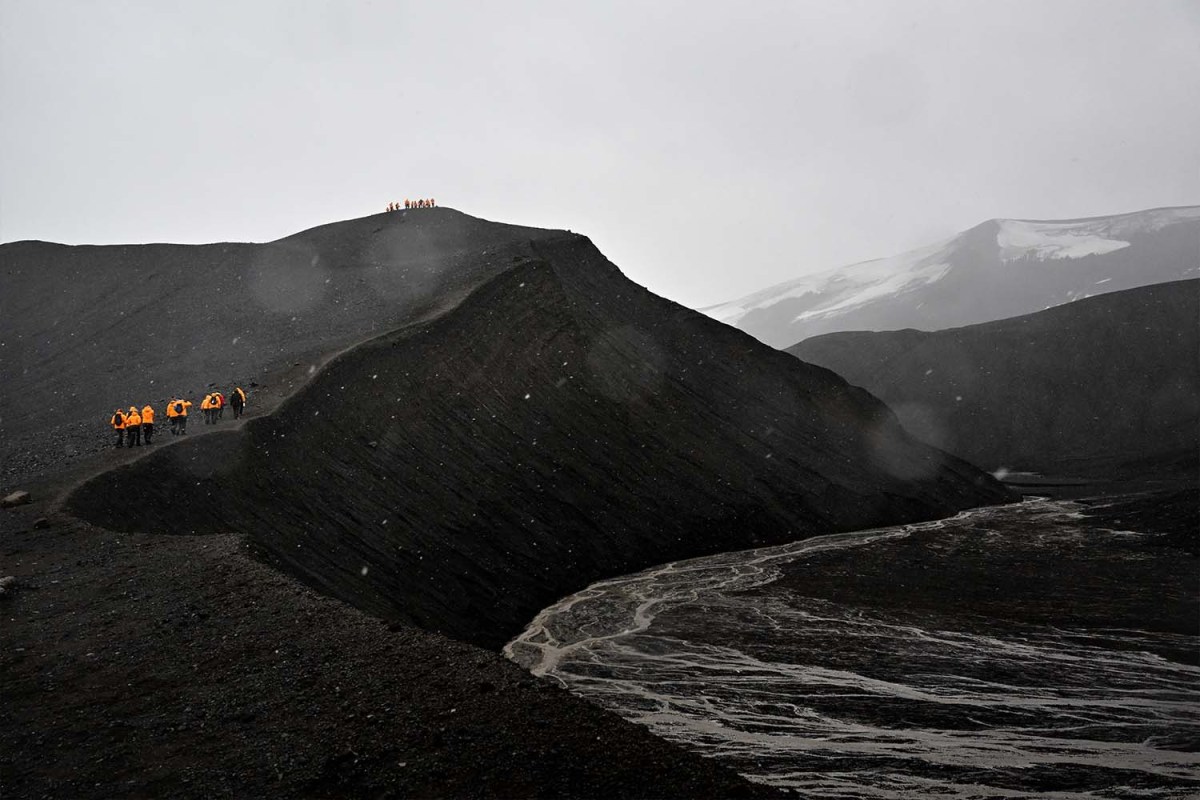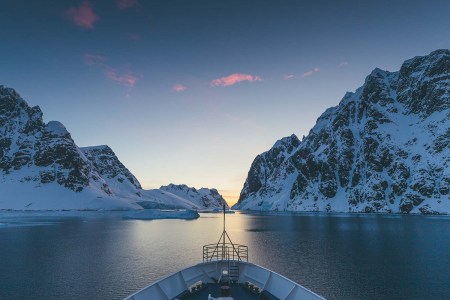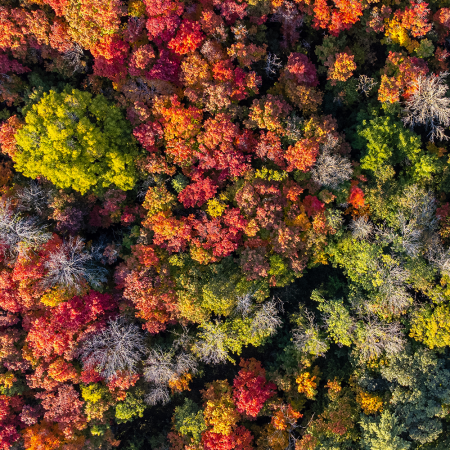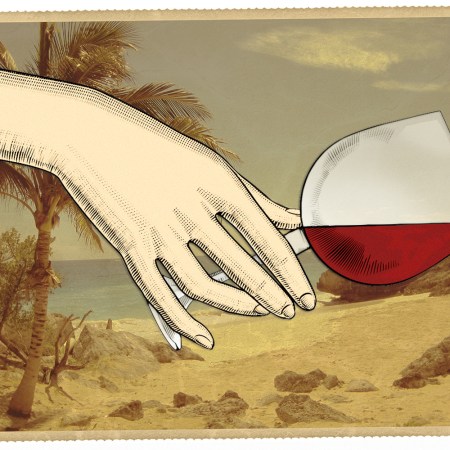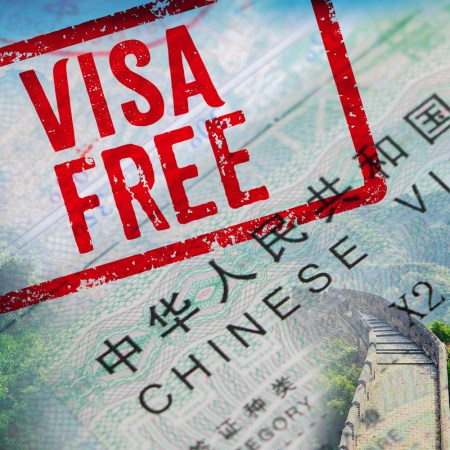Bucket lists, at least where travel is involved, tend to get a bad rap — sometimes, deservedly so. Lots of travelers count trips to popular destinations like London, for example, as bucket list items. On a more granular level, a London bucket list might include stops at the Tower of London, Buckingham Palace, Abbey Road, Westminster Abbey, Big Ben and the London Eye, to name a few. That’s all well and good, save for the fact that it’s a copy-and-paste itinerary that thousands of others have also adopted, which often leads to overtourism and just general unpleasantness in those places.
“It’s an almost sports-like pastime to reference every possible available recommendation and ‘best of’ list and cobble together a bulletproof itinerary, an activity I’ve engaged in many times, sometimes with great pleasure,” Vox’s Rebecca Jennings recently wrote. “But it all ends the same: with thousands of people doing the same things, in the same places, at the same times.”
And that’s sort of the thing about bucket lists. With, it feels like, few exceptions, there’s little variation these days, which I recognize, is an inherently privileged line of thinking — people who do not, or cannot, travel often should be able to, say, visit the Eiffel Tower if it’s on their bucket list, and without judgement. But, as Carey Baraka points out in We Love to Hate the Travel Bucket List. Why?, in addition to “prioritizing new experiences over the familiar ones that bring us joy,” bucket lists also have a propensity for making “travel experiences seem like obligations one has to tick off before they die.” Limiting yourself to a bucket list doesn’t lend itself to truly experiencing the world any more than running around London with the sole purpose of checking off all the obligatory items does to experiencing London.
That said, I agree with Baraka that there is something to be said for travel bucket lists so long as they’re used responsibly. He even makes the argument that bucket lists can, and should, actually include some of the usual items — an African safari, the Great Pyramids, Mount Everest, etc.
What Is “Last-Chance Tourism”?
And is it a good thing?“It’s the same as in pop culture: Beyoncé is popular, and the movie Titanic was extremely popular, and Stieg Larsson’s trilogy of millennium novels was very popular, but their popularity can’t be a discrediting factor,” Baraka writes. The Great Pyramid of Giza is “a testament to human architectural ingenuity,” he continues, and “that a significant number of people want to visit it does not detract from its glory.”
The fact is, travel is a privilege in and of itself, not a right. Assigning destinations to a bucket list gives travel an aspirational quality that’s perhaps gotten a bit lost in translation in recent years. It also doesn’t have to be a list of extremes. My bucket list, for example, (if you could even call it that) includes a trip with my dad to Preston, England, where he was born. I’d also love to take my younger sister to Scotland — a bucket list item for her, given her predilection for the show Outlander (embarrassing).
What’s more is that it’s actually good for people. In 2017, AARP Travel released a study that explored the emotional, mental and physical benefits of creating a travel-related bucket list. At the time, nearly four out of 10 Baby Boomers had a travel bucket list, and even just having one instilled a sense of hope in them, gave them something to look forward to. Further, another half said they are getting in shape so that they might fully enjoy the experience. Of course, a lot has changed since 2017 — our travel habits, chief among them — though, I’d venture to guess that number is even higher now.
“The right approach, then, is not to discard travel bucket lists all together, but to approach bucket-list travel in ways that are respectful both to yourself and to the places you visit: traveling during the off-season, when the crowds are smaller; being cognizant of the political dynamics of travel; prioritizing the support of communities on the ground by staying at, shopping at and supporting local businesses,” Baraka concludes. Though, to be fair, that’s a sentiment that extends to all manner of travel, not just bucket list.
Thanks for reading InsideHook. Sign up for our daily newsletter and be in the know.
